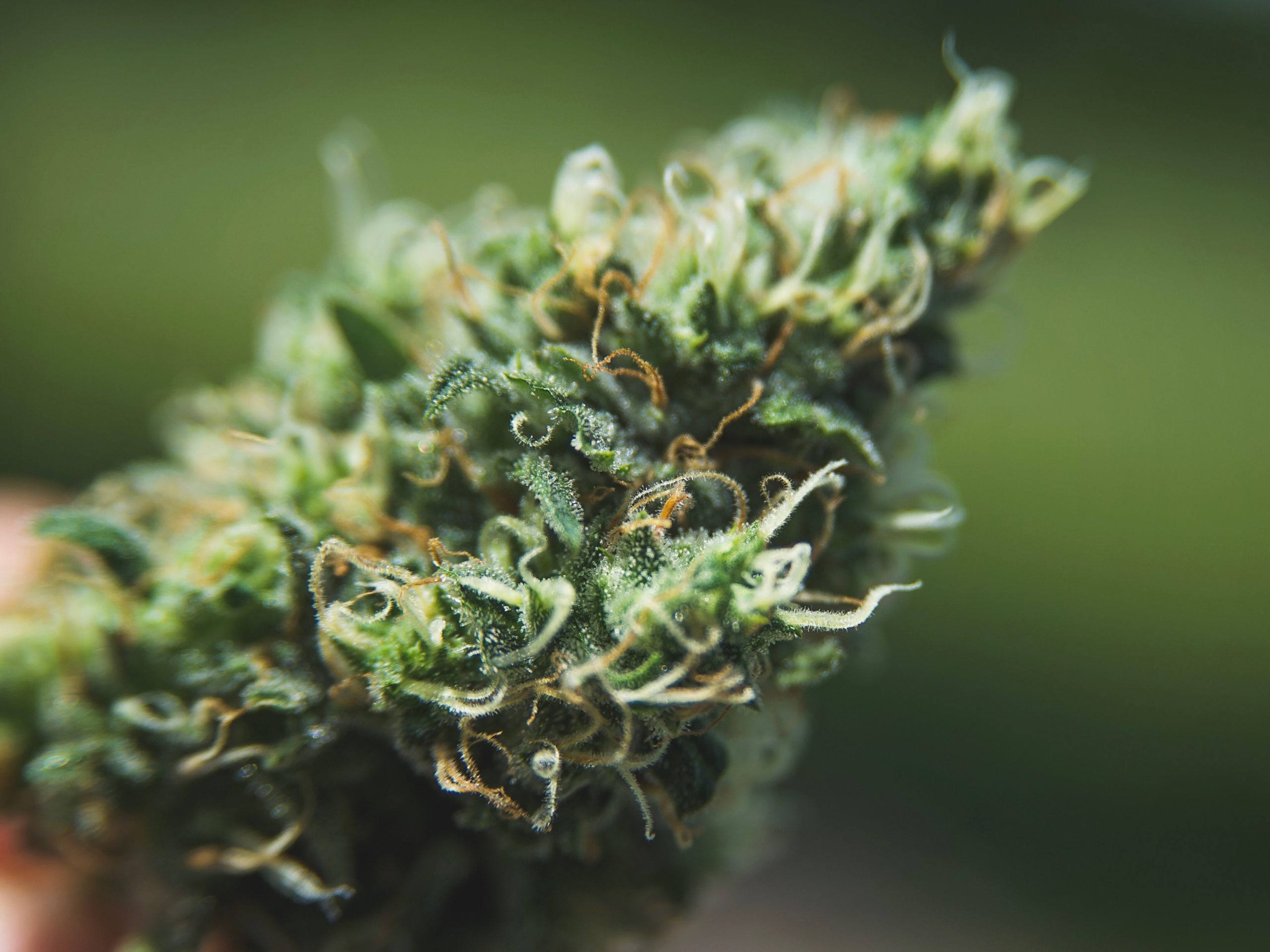New Jersey leaders are a step closer to decriminalizing marijuana, approving a cannabis industry bill.
Table of Contents
Cannabis industry bill
Gov. Phil Murphy and legislators have reached a deal on bills that would establish a framework for a legal cannabis industry, reports APP.com.
Murphy, Senate President Stephen Sweeney, Assembly Speaker Craig Coughlin and bill sponsors Sen. Nick Scutari and Assemblywoman Annette Quijano made the announcement in a statement, noting a key vote will be made in the coming weeks.
“Last month, New Jerseyans voted overwhelmingly in support of the creation of a well-regulated adult-use cannabis market,” the group said. “We’re proud to announce today that we’ve reached an agreement on legislation providing the framework for legalization, which is a critical step in reducing racial disparities and social inequities that have long plagued our criminal justice system.”
“This legislation will accomplish our shared goals of delivering restorative justice and ensuring that the communities most impacted by the War on Drugs see the economic benefits of the adult-use cannabis market,” the group said. “While there is still much work ahead, we are one step closer to building a new, promising industry for our state.”
2020 election aids cannabis industry bill
During the 2020 election, New Jerseyans overwhelmingly voted to legalize cannabis for recreational purposes, allowing those over 21 years old to possess, use and purchase marijuana from licensed dispensaries.
The New Jersey Cannabis Regulatory, Enforcement Assistance, and Marketplace Modernization Act would essentially set the rules and framework for regulations for a legal cannabis industry.
Effects on the war on drugs
But the measure has gone through numerous changes, due to pushback by social justice activists and legislators who say it doesn’t go far enough to reverse the ills of the nation’s long war on drugs, according to the report.
Taxes
Initially, New Jersey would collect a sales tax of 6.625% on legal cannabis purchases, as noted on the ballot question. Revenue from that tax would go toward the state government and particularly to reimburse police departments for the costs of training new Drug Recognition Experts to determine if drivers are under the influence of drugs, including marijuana.
After that pushback, Murphy and Senate President Stephen Sweeney, D-Gloucester, agreed to a deal that increases the sales tax to 7%.
Revenue
Revenue from the excise tax would go primarily toward Black communities and organizations serving them, as would 70% of the sales tax revenue.
Additionally, the other bill, A-1897, would remove all penalties from possession of up to 6 ounces of marijuana.
The bill would also provide for a written warning for a defendant’s first offense of distribution for under 1 ounce of marijuana.
Passing of the cannabis industry bill
The Senate passed the bill by a 29-to-4 vote, with seven other senators not voting on the bill. According to the report, the bill, however, has been held up in the Assembly because of a last-minute addition of language governing psychedelic mushrooms.
The Assembly Judiciary Committee on Monday is scheduled to hear a bill that would just handle the mushrooms amendment, in the hopes that the more narrowly focused marijuana bill would secure enough votes for passage.










